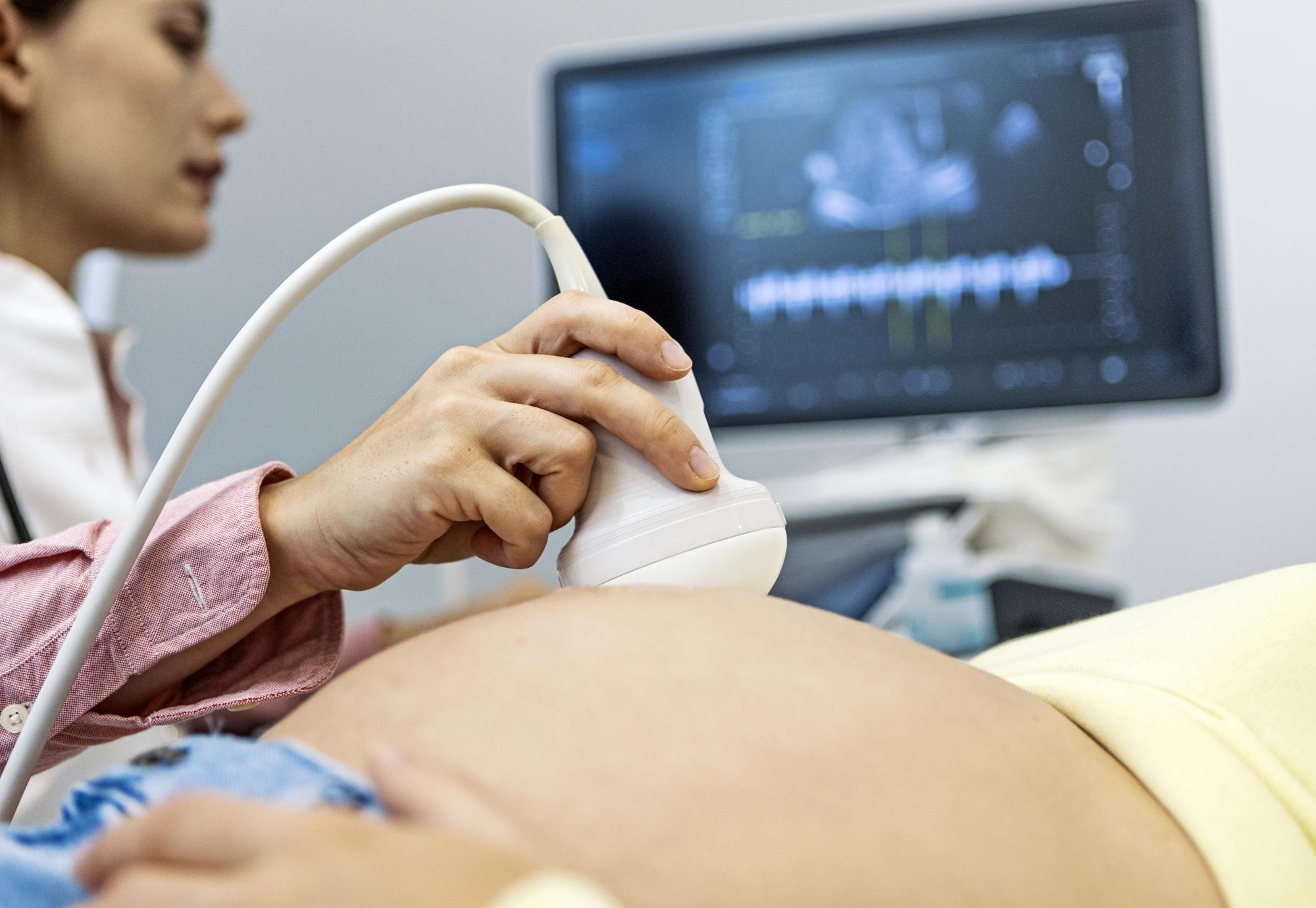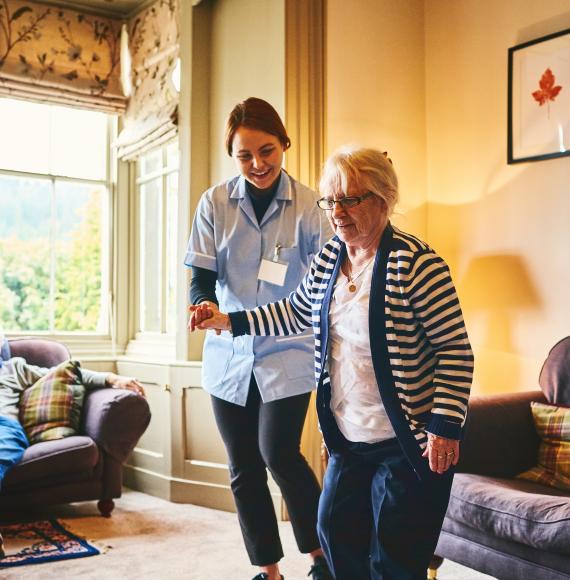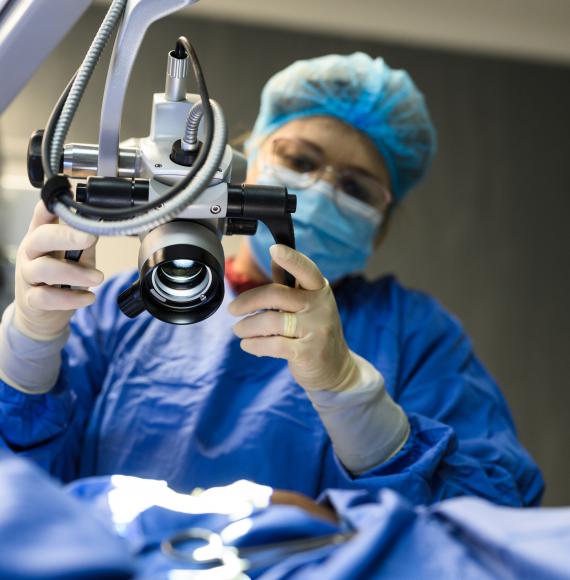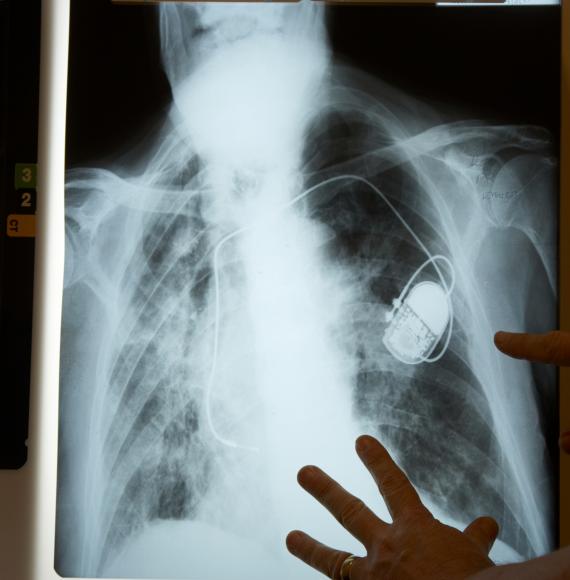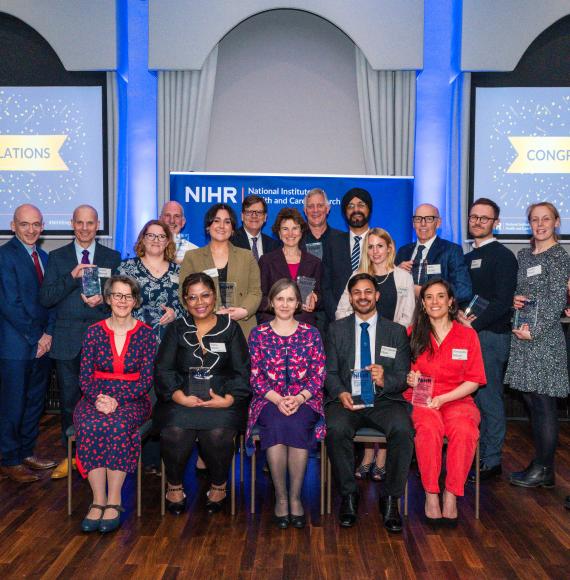A groundbreaking study has found that artificial intelligence assisted pregnancy scans are almost twice as quick and will help improve patient care.
Results from the trial, published today in NEJM AI, show that AI-assisted 20-week scans reduced scan length by over 40%, freeing up sonographers' time.
Dr Thomas Day, the study’s lead author, commented:
“Understandably this 20-week scan can be a nerve-wracking time for parents, as they’re finding out the health of their unborn child. Our research has shown that AI-assisted scans are accurate, reliable and more efficient. We hope that using AI in these scans will free up precious time for sonographers to focus on patient care, making the experience more comfortable and reassuring for parents.”
The trial, funded by an NIHR Doctoral Fellowship and led by King’s College London and Guy’s and St Thomas’s NHS Foundation Trust, featured 78 pregnant participants and 58 sonographers. Each participant was scanned twice, once with the AI-assisted scanner and once without. The AI tool automatically took several thousand snapshots of each foetal measurement, compared to three taken by a sonographer, proving to be more reliable.
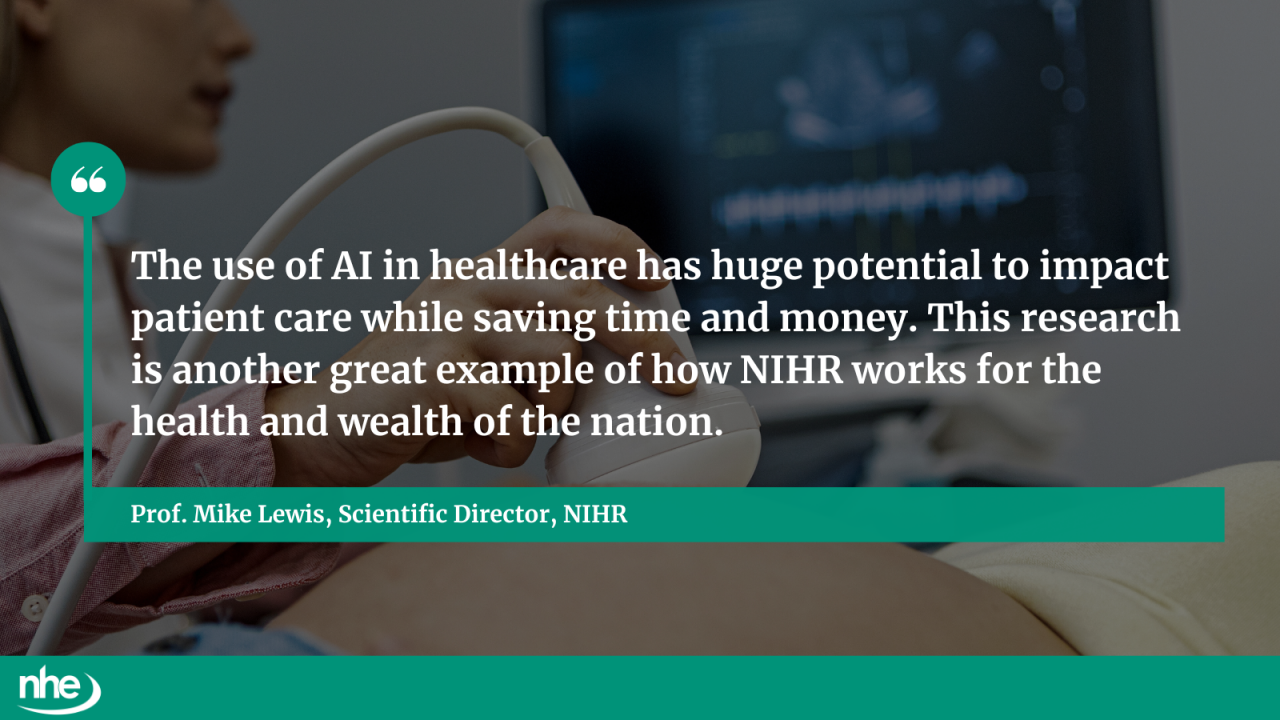
NIHR Scientific Director Professor Mike Lewis added:
“Anything that improves the experience of expectant mothers, gives them reassurance and tailors the care they are offered by healthcare professionals can only be a good thing.
“The use of AI in healthcare has huge potential to impact patient care while saving time and money. This research is another great example of how NIHR works for the health and wealth of the nation.”
The AI-assisted scans help medical professionals make earlier decisions, potentially improving health outcomes for babies. The tool is now being rolled out more widely through Fraiya, a University-NHS spinout company, aiming to enhance pregnancy ultrasound diagnostics and patient care.
Image credit: iStock

